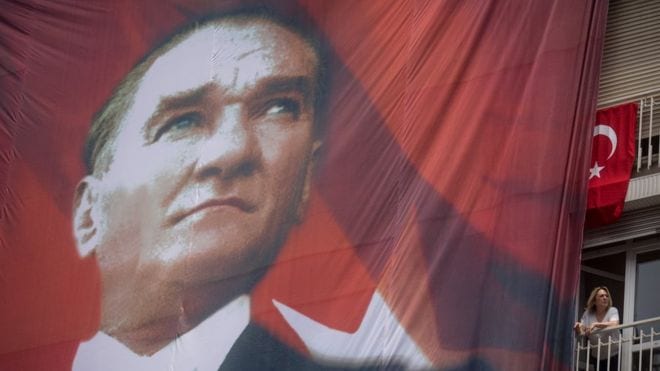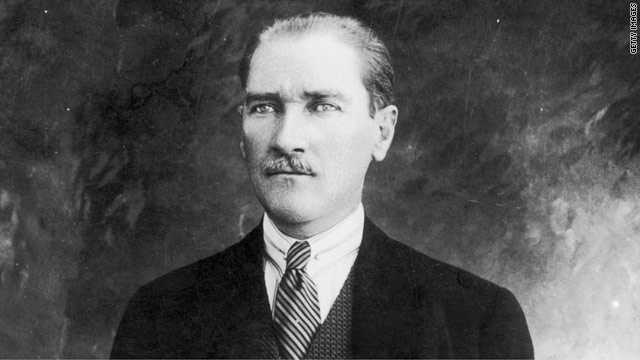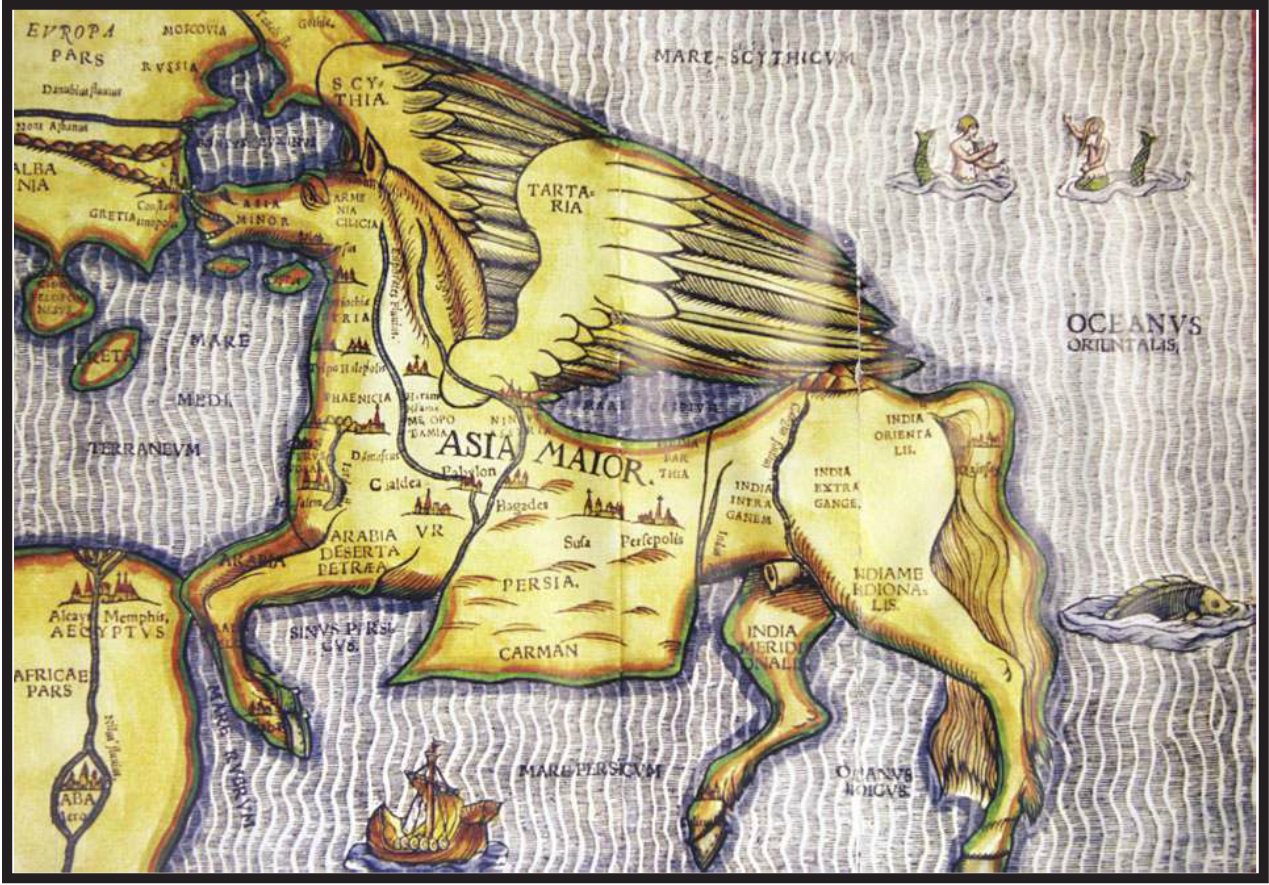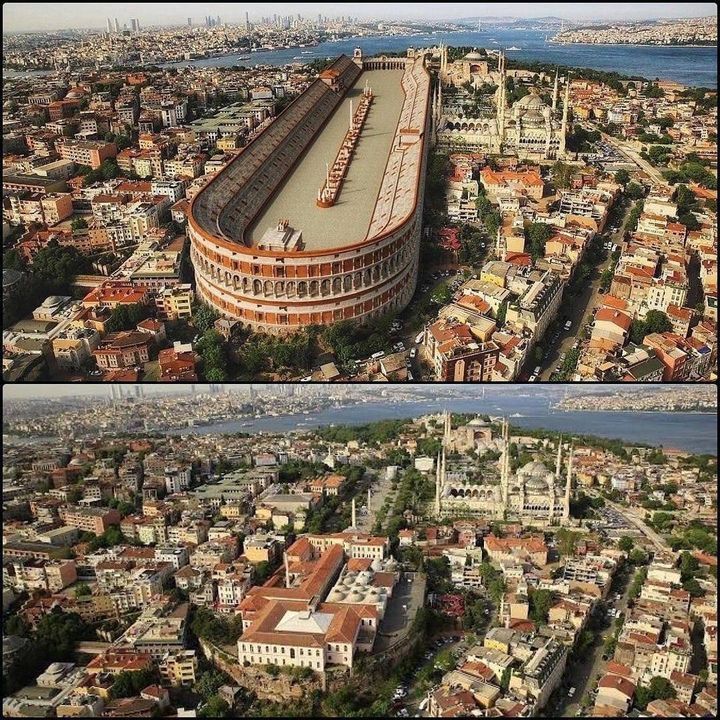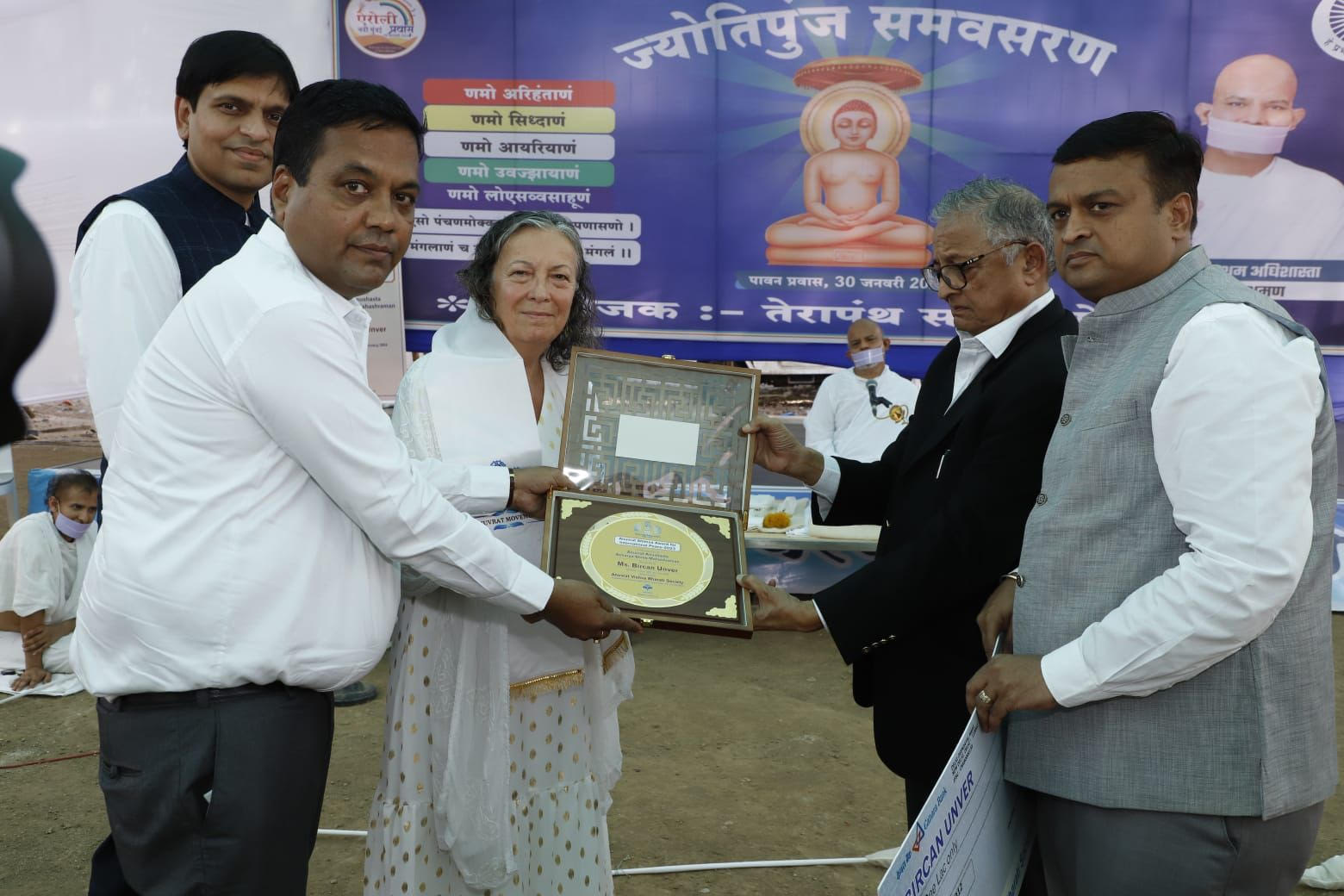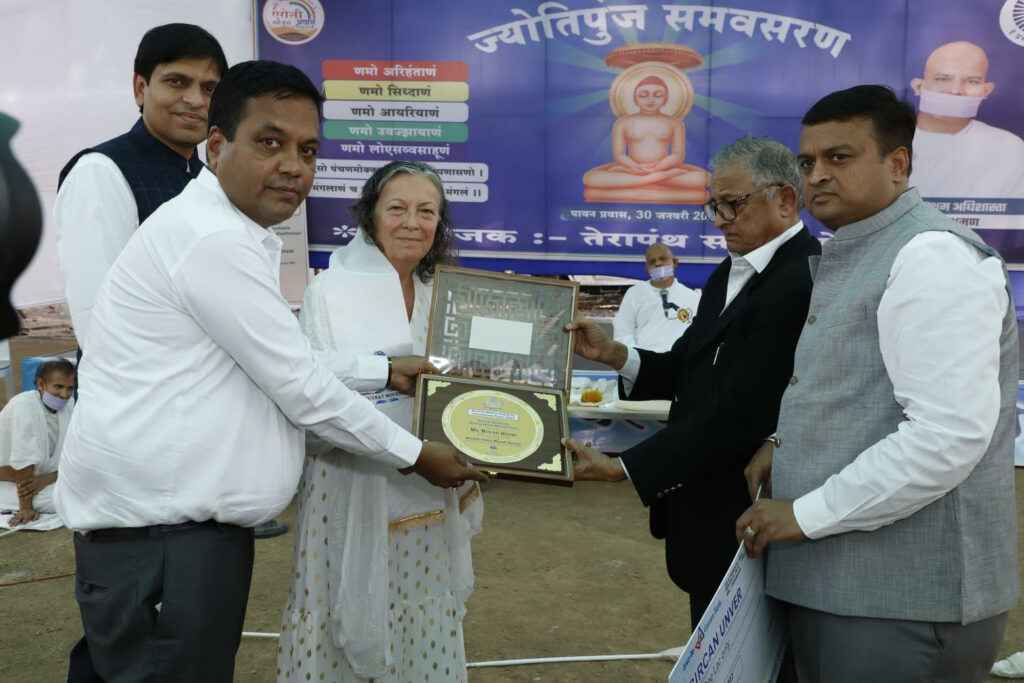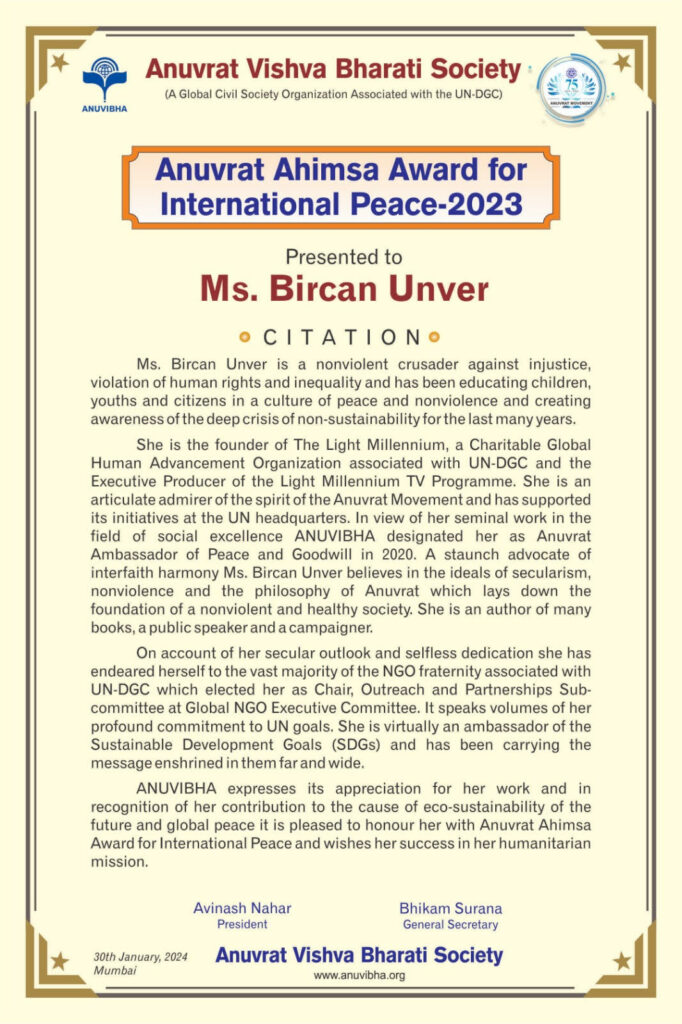Mustafa Kemal Ataturk
The only leader, rare in the world history, who accomplished Herculean tasks in such a short period of time.
Ataturk was one of the greatest statesmen of the 20th century, transforming the remnants of a degenerate Empire that had existed as a corpse of itself for the last 100 years into a secular, progressive state that embraced liberal democratic ideals.
As a Turkish commander in WW1, Ataturk was the only general to have never suffered a defeat. He fought bravely in the failed Gallipoli offensive that humiliated the Allies, and fought in both the European and Syrian theaters until the Ottoman defeat in 1918.
Then, during the Turkish War of Independence, Ataturk rallied his people and liberated Turkey from the Treaty of Sevres. Not only did he defeat the French, the English, the Greeks, and the Armenians, he reversed the Ottoman territorial concessions that had been made after the Russo-Turkish War.
Then, after emerging victorious and creating the Republic of Turkey, he went about to fix the new nascent state’s issues. He realized that the backwards ways of the old Ottoman Caliphate were irreconcilable with his vision for a new, secular Turkey. And in spite of virtually all of the challenges he faced, he prevailed.
Some of his accomplishments include:
Created a new alphabet to replace the old Arabic-based one and fully implemented it within 3–5 months
Promoted education – particularly mathematics and the sciences – throughout his state to create a secular, scientific system. As a result of this, thousands of Turks were educated. Only 7% of the Turkish male population and 0.5% of the Turkish female population was literate. Today, Ataturk’s Turkey has a literacy rate of 95%.
Abolished both the Islamic Caliphate and Ottoman Sultanate despite pressure to take the title of Caliph for himself. This in itself is a huge accomplishment. By doing this, he symbolically promised to make Turkey into a shining example of secularism.
Secularized the nation, abolishing religious laws and giving all Turkish citizens equality before the law. He based his legal system off of that of the French, Swiss, and Italians.
Established a Turkish homeland, where Turks could have sovereignty. The Ottoman Empire, especially after the 19th century, had become increasingly Europeanized and began neglecting most of its subjects, including its Turkish ones. By establishing a Turkish homeland in Anatolia, Ataturk was the founder of Turkish nationalism.
Providing women’s rights. Ataturk wrote,“Everything we see in the world is the creative work of women,” and did the following to advance women’s rights:
Gave women the right to vote, some 20 years before France
Banned the hijab
Gave women equal rights before the law
Banned polygamy
Universalized divorce and inheritance laws
Supported women’s education and coeducation
Translated the Quran into Turkish, giving Turks the ability to read a non-Arabic book of religion. This was an important step in Turkish nationalism.
What made Ataturk a great leader was the fact that he completely changed a broken nation into the only stable Middle Eastern country of its time. His very title – Ataturk, or Father of the Turks – is symbolic of the tremendous contributions he’s made towards the Turkish nation. For this reason, he is one of the most respected people in history.
“Shakespeare wrote, Einstein thought, Ataturk built.”
Azmi Guran

